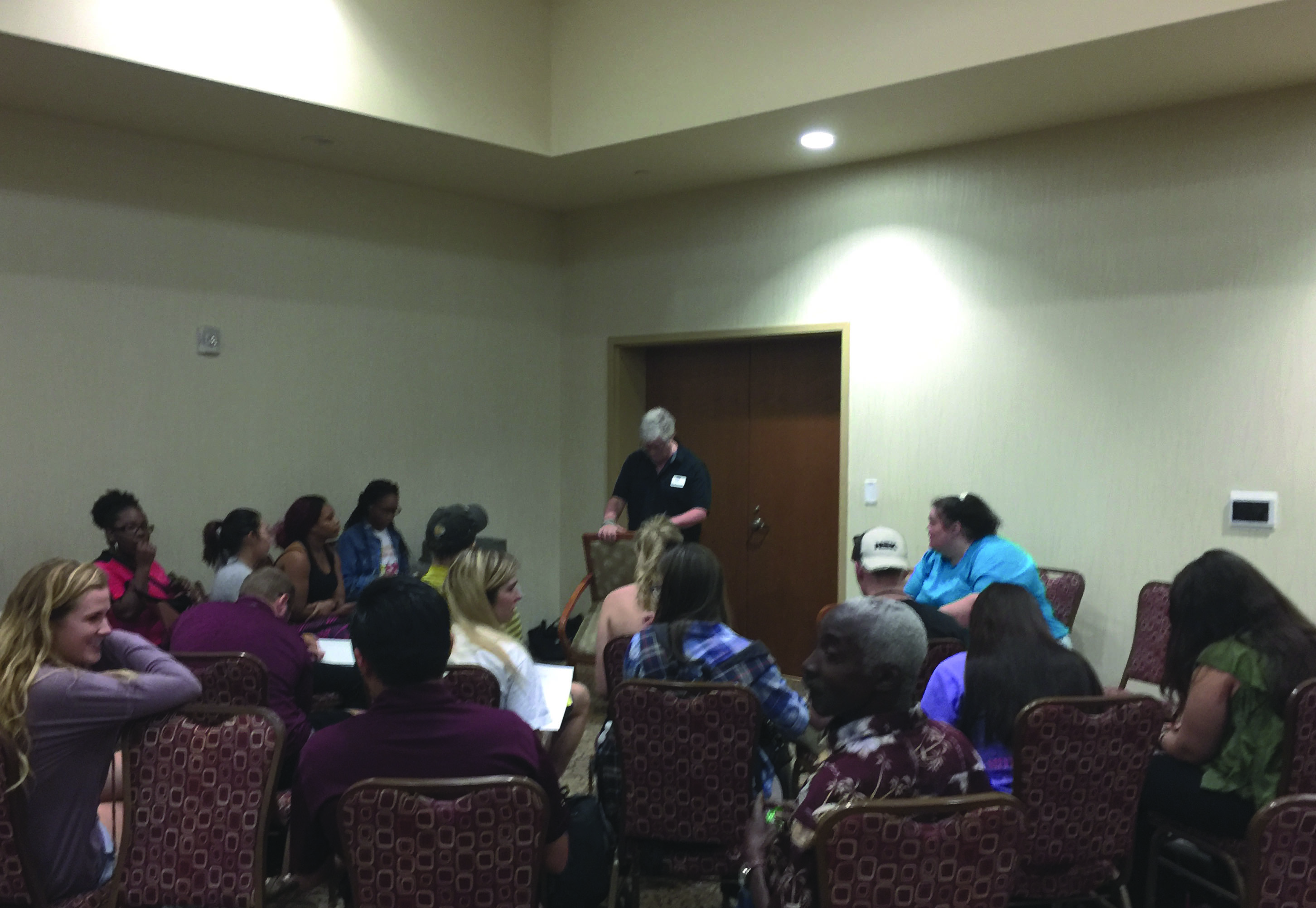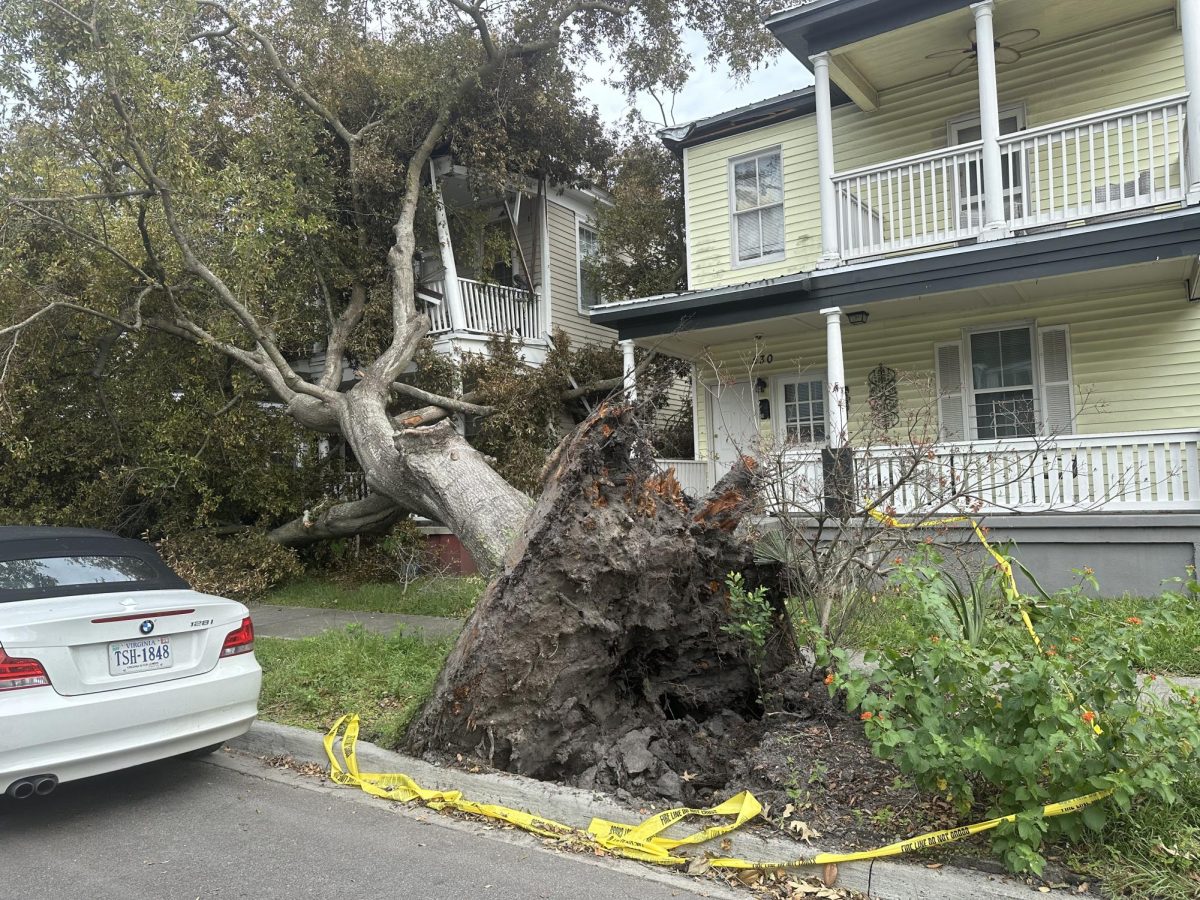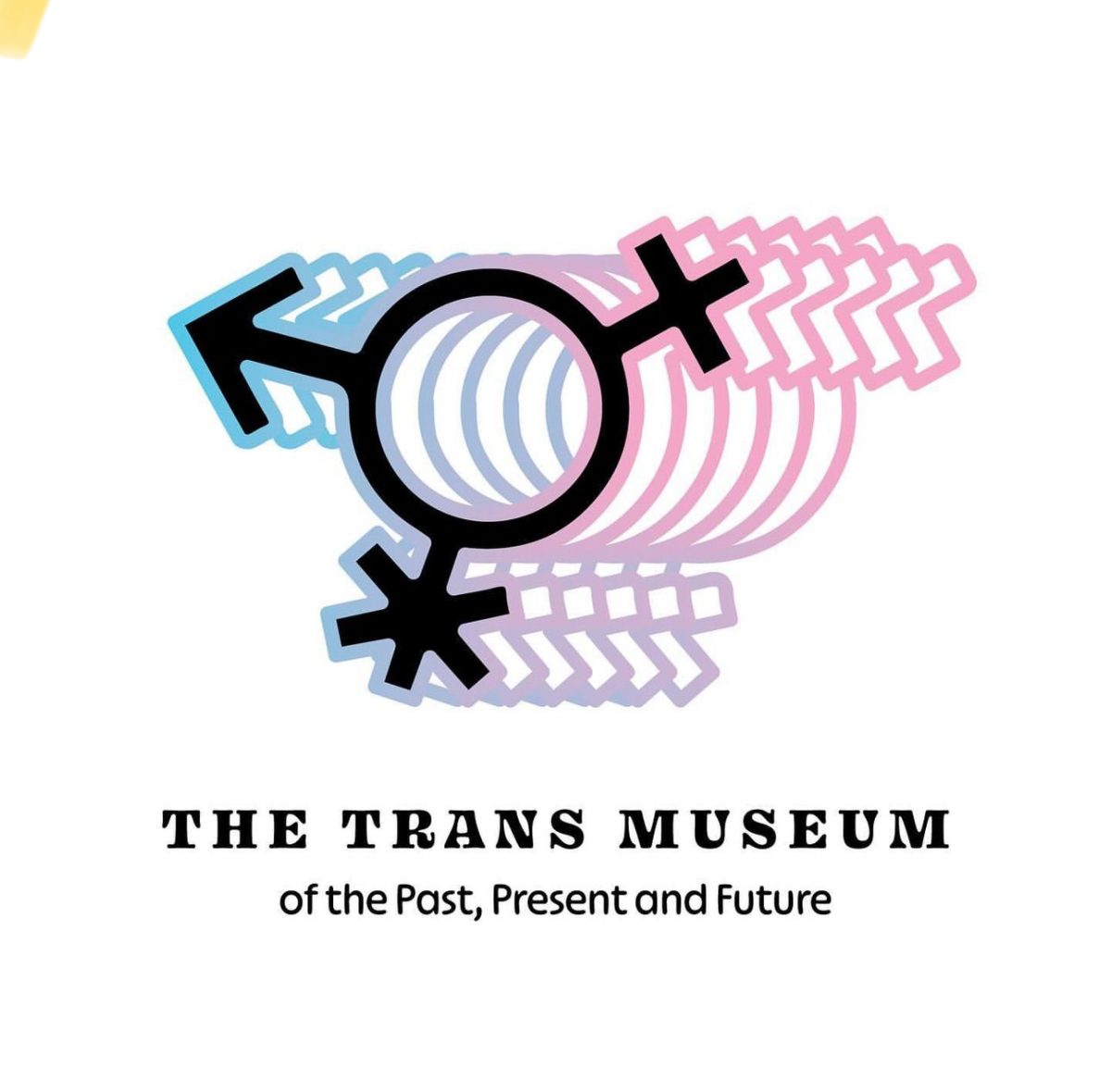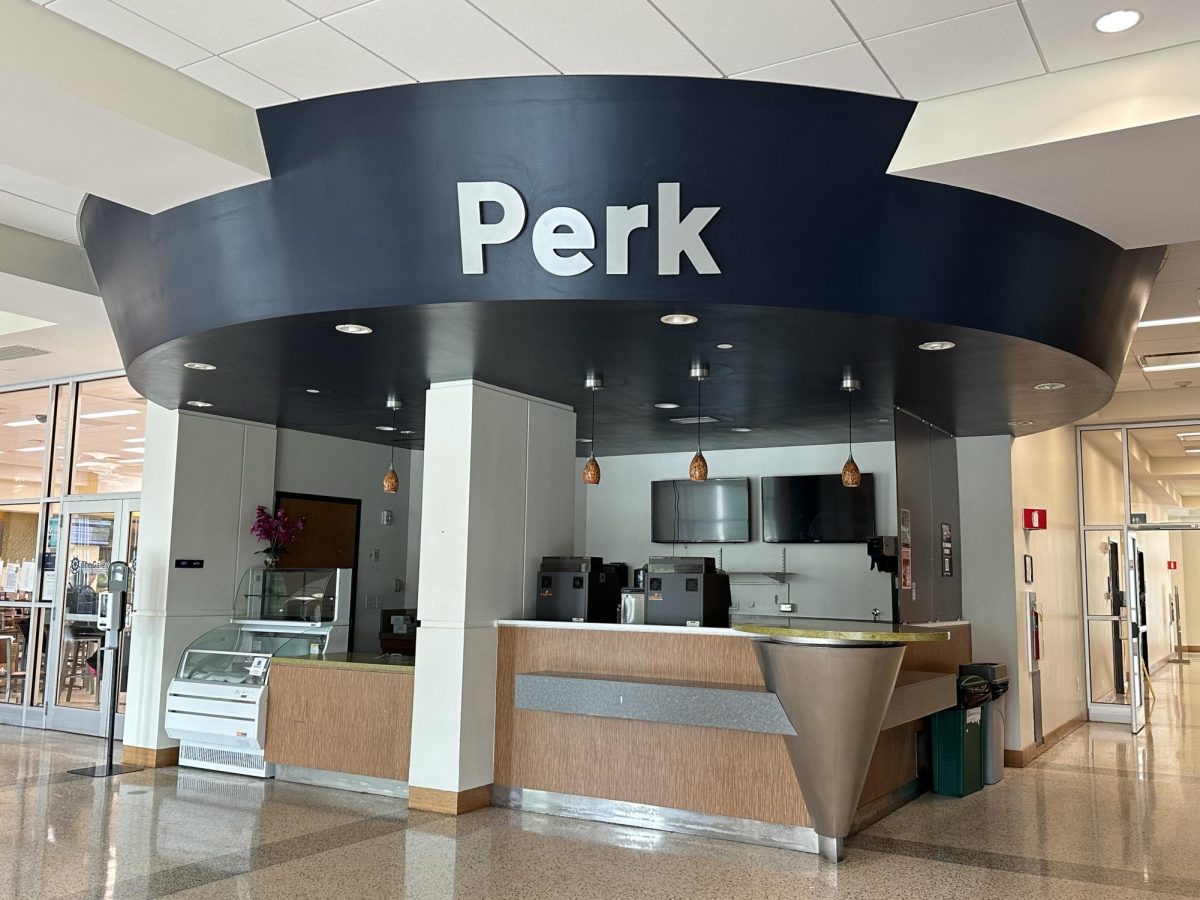Harleigh Bass, Staff Writer

On Monday, Sept. 25 at 5:30 p.m., students gathered in the Student Union Ballroom for the third annual “Engaging the Patient Experience” event hosted by Armstrong’s student chapter of The Institute of Health Care Improvement. This year’s speaker was Bill Carruthers, a Savannah local and mental health advocate. He shared his personal experience with addiction and how he overcame that dark time of his life. Instead of dwelling on all the negative experiences in his life, he uses his story to help and inspire others.
Dr. Anne Thompson, Dean of College and Health Professions, opened this event with the mission statement: “[We] must become more dedicated, more observant health professionals.” The opioid addiction rates have increased significantly within the past decade. With 26.4 to 36 million living with addiction, the question we must ask ourselves is: “why?” Part of the problem is pharmaceutical companies using aggressive marketing techniques, but failing to inform the patient of the “Black Box’ warning or negative effects this medication could have. Another catalyst for this increase is an abundance of synthetic drugs at the world’s disposal. If a patient is unable to get their prescription, they can find something similar thing on the street.
They’re simply looking for pain relief, but as Dr. Thompson shared, many patients report that they’re still in great pain, but don’t care. Opioids are a highly addictive substance, and over time will the reduce natural pain inhibitors your body produces, which creates a dependence for the substance. Carruthers then shared his recovery story. A user since the age of 10, he is now in long term recovery. Carruthers emphasizes that some people are simply playing the hand they were dealt, they are not bad people. Not everyone has the privilege of having a mother, father, or even a home to call their own. Carruthers found recovery at the age of 50, boldly stating, “It’s bigger than a pill.”
He then set out to help others in his situation, calling himself a “Navigator” helping people out of jail, prison, or mental hospitals, and onto their feet.
Eventually, he found himself in the NAMI (National Alliance on Mental Illness) experimental recovery program where he continued to help others see that recovery is very possible. This program pairs a family member, a clinician, and one person with lived experience. Thanks to the efforts of Carruthers, and many others, this study is now being reviewed to be used as an evidence based medical practice. It’s important for us students to keep in mind that recovery takes a belief system that can see victory before victory occurs. We must embrace difference with love. As Carruthers says, “[We] are the future. We have the ability to correct our broken system. We have the power to facilitate miracles”.
We can make the most impact by simply smiling and fully listening to the struggles a patient or friend is going through.
During the symposium we also sat down in smaller groups to hear the individual journeys of others. Geff Pfaff shared his experiences living with mental illness. Growing up in the 70s, there was a harsher stereotype for mental illness—he was told to keep his illness to himself. Pfaff now finds support in a local peer group, he can listen and share in a safe environment with others who face the same challenges.
Pfaff says, “It’s important to consider that recovery is a personal choice. We can encourage others to find help, to make recovery options ready to their disposal, to listen to their struggles, and to show support without force. The most important thing we can do is listen, be encouraging, and be positive that recovery is very possible.”
If you, or anyone you know is struggling with addiction, help is available! NAMI offers a FREE 12 week program for mental illness, as well as many other support groups. There are also a number of counseling centers that are ready to assist you anyway they can. Recovery is a very realistic possibility.






